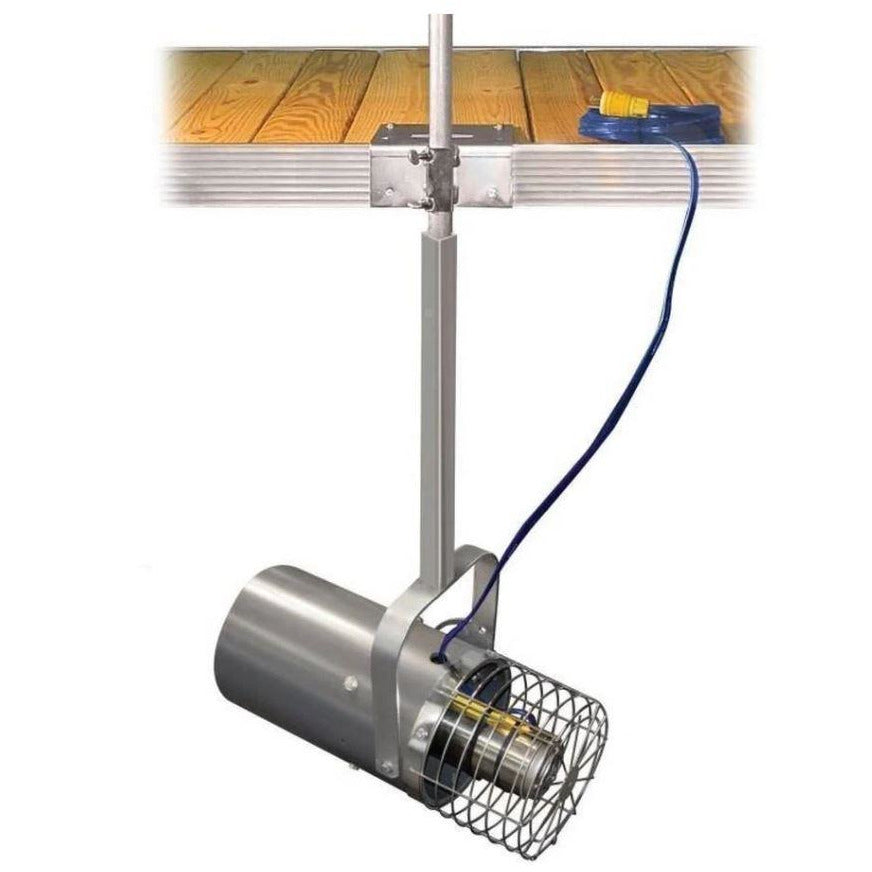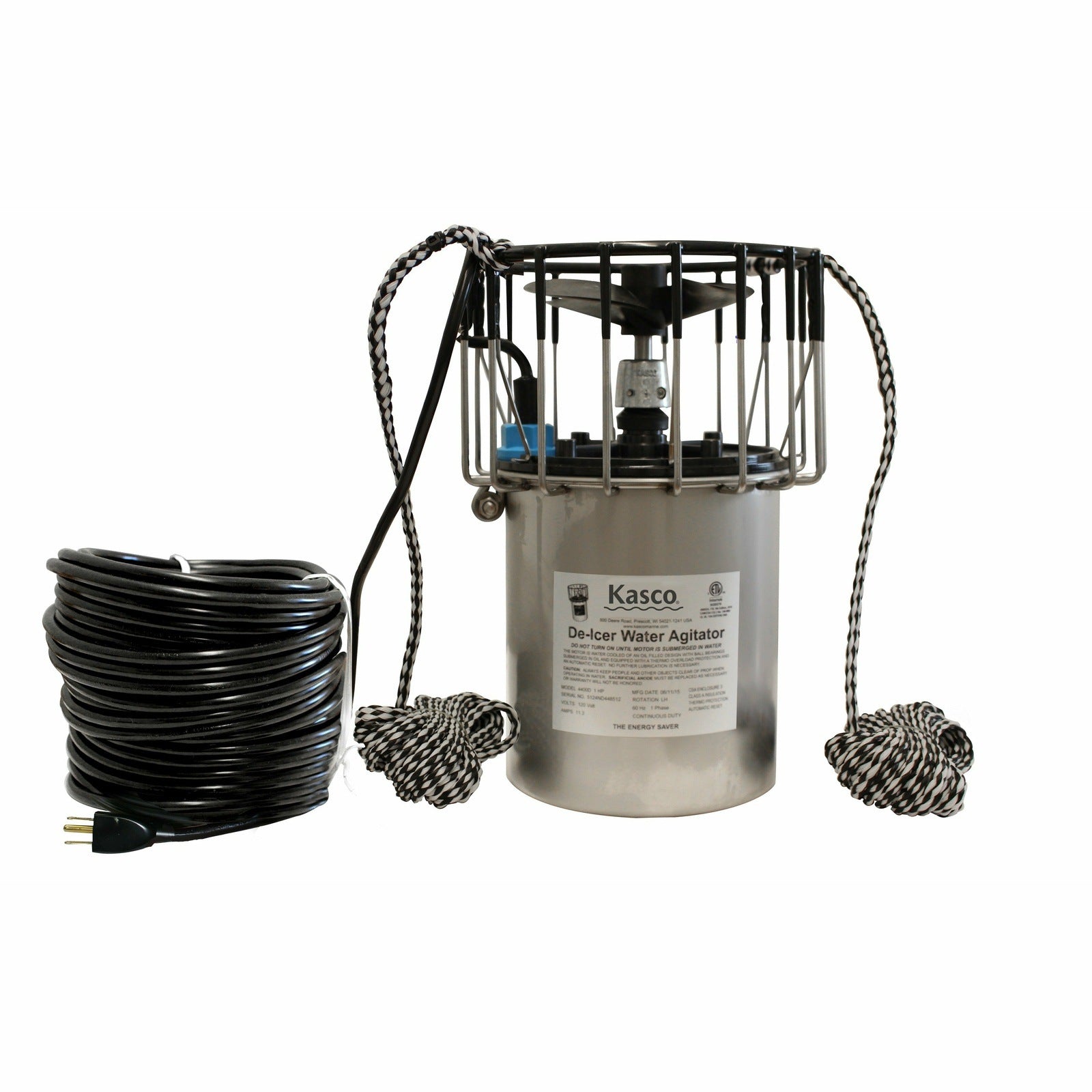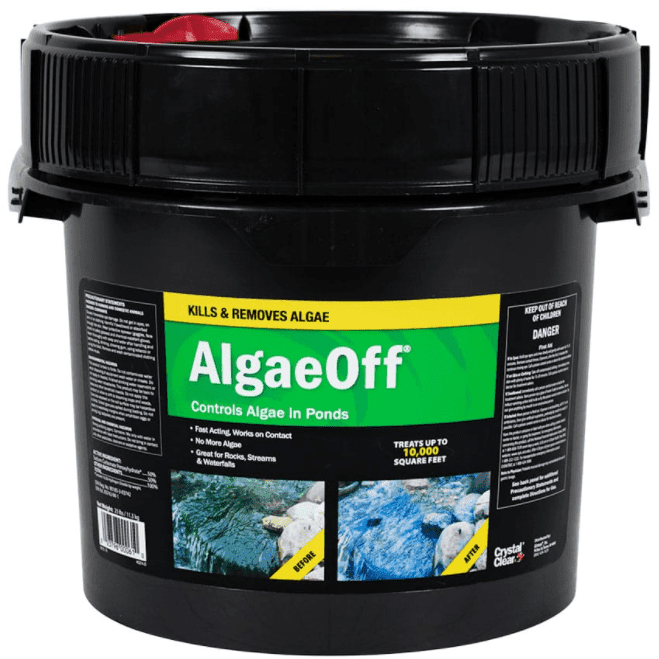Key Takeaway
So, how long can a fish live without food? In most cases, healthy adult fish can survive anywhere from 3 days up to 2 weeks without food, depending on the species. While this is reassuring for short breaks, it is always better to plan ahead for longer absences.
By understanding your fish’s needs and taking a few simple steps, you can make sure they remain healthy even if you cannot be there to feed them every day.
If you are a fish keeper, there will be times when you cannot feed your fish every day. Maybe you are going away for the weekend, or perhaps you are curious about what happens if your fish miss a meal. The question often asked is: how long can a fish live without food? The answer depends on several factors, including the type of fish, its age, health, and the conditions of the aquarium.
This guide explains how long fish can survive without food, what influences their endurance, and what steps you can take to keep them safe during short or long breaks.
Why Fish Can Go Without Food Longer Than You Think
Unlike cats, dogs, or people, fish have a slower metabolism. Many species in the wild do not eat every day. Instead, they may go for several days between meals, especially in rivers, lakes, or oceans where food is not always available.
In a home aquarium, fish are usually well-fed and in good health. Because of this, they often have some body reserves that allow them to go without food for a short time. The key is knowing the limits for your specific fish species.
General Time Frames for Fish Without Food
While each fish species is different, the following general ranges can help you understand how long most aquarium fish can go without food:
- Small tropical fish (like tetras, guppies, and danios): 3 to 7 days
- Goldfish: 7 to 10 days
- Cichlids: 7 to 10 days
- Betta fish: 4 to 7 days
- Large freshwater fish (such as oscars): up to 2 weeks
-
Marine fish: usually 3 to 7 days, depending on the species
It is important to note that just because a fish can survive without food for this long, it does not mean it is healthy for them to go hungry often. Prolonged fasting can cause stress and weaken their immune system.
Factors That Affect How Long Fish Can Survive Without Food
Several factors play a role in how long fish can safely go without eating:
1. Species
Different species have different needs. Small, active fish with faster metabolisms need food more often than larger, slower-moving fish.
2. Age
Young fish need more frequent feeding because they are growing quickly. Fry and juveniles should never go without food for long. Adult fish, on the other hand, can manage better.
3. Health
Healthy fish are more resilient. Sick or stressed fish will not tolerate fasting well and may suffer more quickly.
4. Tank Conditions
Clean water, stable temperature, and low stress will help fish survive longer without food. Poor conditions reduce their survival time.
5. Previous Feeding Habits
Well-fed fish that have been on a consistent diet are more likely to handle short fasting periods compared to fish that are already underfed.
What Happens When Fish Do Not Eat
When fish go without food, their bodies start to use stored fat and muscle for energy. In the short term, this is not harmful. However, if fasting continues for too long, the fish may become weak, lose color, and be more vulnerable to disease.
Signs that your fish are suffering from lack of food include:
- Noticeable weight loss
- Reduced activity
- Dull coloration
-
Increased aggression (fighting over limited resources)
Preparing Your Fish for Short Absences
If you plan to be away for a few days, most fish will be fine without food. However, there are steps you can take to make sure they remain healthy:
-
Feed them well before leaving: Give your fish a balanced meal the day before you go. Do not overfeed, as leftover food can pollute the tank.
-
Clean the tank: Perform a partial water change and make sure the filter is working properly.
-
Check equipment: Ensure the heater, filter, and air pump are functioning so the water quality remains stable.
Solutions for Longer Absences
If you plan to be away for more than a week, it is best not to leave fish without food. Here are some options:
1. Automatic Feeders
These devices can be set to release small amounts of food at scheduled times. They are ideal for vacations but should be tested in advance to make sure they work correctly.
2. Vacation Fish Food Blocks
These are slow-dissolving blocks that release food gradually. They are useful for short-term use but can affect water quality if left too long.
3. Ask a Friend or Neighbor
Having someone you trust feed your fish is often the safest choice. Leave clear instructions about the amount of food to prevent overfeeding.
4. Professional Pet Sitters
In some areas, you can hire aquarium services or sitters who know how to care for fish tanks.
How to Avoid Overfeeding After a Break
When you return from a trip, it might be tempting to give your fish extra food right away. However, overfeeding can cause more harm than a few days of fasting. Feed them a normal amount and gradually return to your regular schedule.
Final Thoughts
Fish keeping is about balance. Food is important, but so are clean water, oxygen, and proper tank care. If you ever need to leave your fish for a short period, remember they are more resilient than you might think. With planning and the right tools, you can keep them safe and healthy even during times when feeding is not possible.













